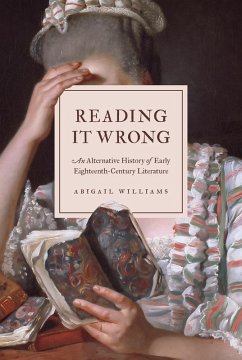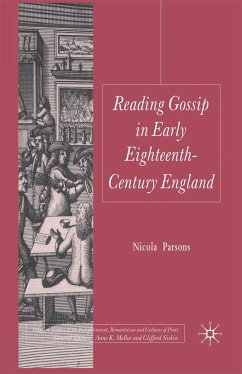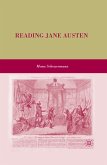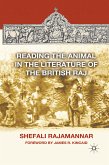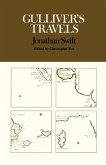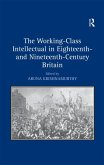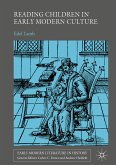How eighteenth-century literature depended on misinterpretation-and how this still shapes the way we read
Reading It Wrong is a new history of eighteenth-century English literature that explores what has been everywhere evident but rarely talked about: the misunderstanding, muddle and confusion of readers of the past when they first met the uniquely elusive writings of the period. Abigail Williams uses the marginal marks and jottings of these readers to show that flawed interpretation has its own history-and its own important role to play-in understanding how, why and what we read.
Focussing on the first half of the eighteenth century, the golden age of satire, Reading It Wrong tells how a combination of changing readerships and fantastically tricky literature created the perfect grounds for puzzlement and partial comprehension. Through the lens of a history of imperfect reading, we see that many of the period's major works-by writers including Daniel Defoe, Eliza Haywood, Mary Wortley Montagu, Alexander Pope and Jonathan Swift-both generated and depended upon widespread misreading. Being foxed by a satire, coded fiction or allegory was, like Wordle or the cryptic crossword, a form of entertainment, and perhaps a group sport. Rather than worrying that we don't have all the answers, we should instead recognize the cultural importance of not knowing.
Reading It Wrong is a new history of eighteenth-century English literature that explores what has been everywhere evident but rarely talked about: the misunderstanding, muddle and confusion of readers of the past when they first met the uniquely elusive writings of the period. Abigail Williams uses the marginal marks and jottings of these readers to show that flawed interpretation has its own history-and its own important role to play-in understanding how, why and what we read.
Focussing on the first half of the eighteenth century, the golden age of satire, Reading It Wrong tells how a combination of changing readerships and fantastically tricky literature created the perfect grounds for puzzlement and partial comprehension. Through the lens of a history of imperfect reading, we see that many of the period's major works-by writers including Daniel Defoe, Eliza Haywood, Mary Wortley Montagu, Alexander Pope and Jonathan Swift-both generated and depended upon widespread misreading. Being foxed by a satire, coded fiction or allegory was, like Wordle or the cryptic crossword, a form of entertainment, and perhaps a group sport. Rather than worrying that we don't have all the answers, we should instead recognize the cultural importance of not knowing.
Dieser Download kann aus rechtlichen Gründen nur mit Rechnungsadresse in A, D ausgeliefert werden.

